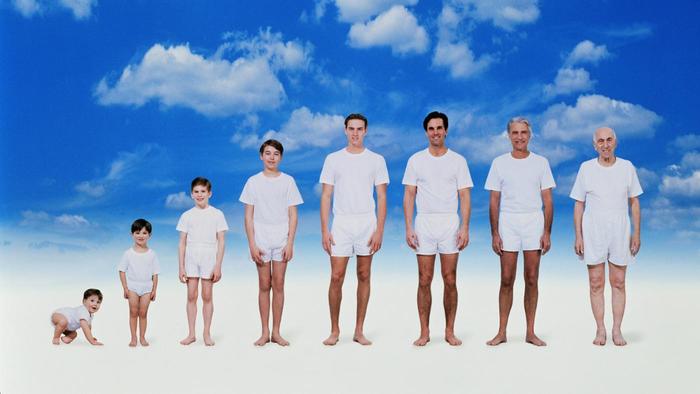Average life expectancy, both at birth and at the age of 65, will increase globally by 2030, a new study showed.
The two time points help define when lifespans in a population are extending due to improvements in maternal and child health as well as improved adult health, reported CNN.
The average for women at birth will exceed 85 years in many countries, but South Korea is projected to lead the way with a life expectancy of 90.8 years, the report said.
In 2015, global average life expectancy at birth was 71.4 years, according to the World Health Organization.
Unhealthier lifestyles among men, including higher rates of smoking and alcohol consumption, have long meant a greater life expectancy for women, the researchers reportedly said.
Life expectancy among men born in South Korea in 2030 is therefore predicted to be 84.1 years, The Lancet quoted the study as pointed out.
But the study authors believe this gap between the sexes is now shrinking as lifestyles become more similar.
“The biggest result is that … at least one group is going to break the 90-year barrier,” said Majid Ezzati, professor of global environmental health at Imperial College London, referring to the predictions among South Korean women.
Ezzati reportedly led the study and highlighted that many experts had believed the average would never exceed 90. “This shows that even if there is a limit to longevity, we are nowhere near it,” he added. “We should be planning for more life.”
The analysis included data on mortality and longevity patterns from 35 industrialized nations, including both high-income countries and emerging economies, the report pointed out.
In Europe, French women and Swiss women are predicted to have the highest life expectancy, with averages of 88.6 and 84 years respectively, reported CNN.
Among predictions for high-income countries, the lowest life expectancy at birth is likely to be in the US, with an average of 83.3 years for women and 79.5 years for men — similar to Mexico and Croatia.
“They still have relatively high rates of young and middle-age mortality,” Ezzati reportedly said, referring to the countries with lower life expectancies. “People have a relatively high risk of dying in their 40s or 50s.”
There are many reasons for deaths in this age range, Ezzati reportedly said, including greater obesity rates and their associated health risks as well as homicides and road accidents. Lack of universal health care in countries like the US is also thought to play a role.
The lowest life expectancy projections overall were for women in Macedonia and men in Serbia, according to the study.
“A lot of this is driven by inequality, (which) brings down the national average,” CNN quoted Ezzati as saying.




